
To determine how abortion laws affect rape survivors in the United States, researchers have examined U.S. states where abortion is fully prohibited, and discovered alarmingly high rates of rape-caused pregnancies.
Their findings, recently published in the medical journal JAMA Internal Medicine, shocked the country.
In June 2022, the United States Supreme Court overturned Roe v. Wade, a landmark decision from 1973 that secured the country's constitutional right to abortion. Since then, 14 states have enacted total abortion bans. Nine of these provide no exemption for rape.
In the period from July 1, 2022, to Jan. 1, 2024, more than 64,000 women and girls became pregnant because of rape in states that implemented abortion bans, with nearly 59,000 of them, or 91 percent, in states without exceptions for rape, the study found.
Researchers from reproductive health institutions and universities in Montana, Texas, New York, Massachusetts, and California estimated that nearly 520,000 rapes were associated with 64,565 pregnancies across the 14 states following the Supreme Court's ruling.
The new study found that more than 26,000 rape-related pregnancies took place in Texas alone, or 45 percent of the total, which makes Texas the leading state in the nation in terms of rape-caused pregnancies.
"Many U.S. women report experiencing sexual violence, and many seek abortion for rape-related pregnancies," said the researchers in the study. However, few of them in those states obtained in-state abortions legally, "suggesting that rape exceptions fail to provide reasonable access to abortion for survivors," they said.
They obtained their findings through data from the Centers for Disease Control and Prevention (CDC), the Bureau of Justice Statistics and the Federal Bureau of Investigation.
The new study adds to previous findings that rape is common in the United States. Sexual violence affects millions of people every year in the United States, and women, in particular, are vulnerable to rape, according to the CDC.
The health consequences of rape may include injury, sexually transmitted diseases, and pregnancy. Rape-related pregnancy (RRP) is a public health problem, with almost 3 million women in the United States experiencing RRP during their lifetime, said the CDC.
Reproductive health experts believe that the abortion bans are severely limiting women's ability to make personal decisions about their reproductive healthcare, and for survivors of rape, it is a double blow.
Although five states allow exceptions for rape-related pregnancies, namely Idaho, Indiana, Mississippi, West Virginia, and North Dakota, few people in these states got an abortion, because of stringent limits as well as fear and intimidation, said researchers.
In these five states, rape survivors must report those crimes to the police to be able to access abortion services -- "a requirement likely to disqualify most survivors of rape," said the researchers.
A nationwide report released by the U.S. Department of Justice in September 2023 showed that only 21 percent of victims reported their rapes to police.
The CDC data reflected the findings in the report, suggesting that rape survivors may be ashamed or afraid to tell the police, and they tend to keep quiet because they have been threatened with further harm if they tell anyone.
The researchers concluded that "persons who have been raped and become pregnant cannot access legal abortions in their home state, even in states with rape exceptions."
Since the constitutional right to abortion was ended, there has been an increase in patients traveling across state lines to get abortions.
During the first half of 2023, nearly one in five people seeking abortions traveled to other states for abortion care, according to research published by the Guttmacher Institute last December.
But for many pregnant women, cross-state travel is "impractical" or "impossible," said the researchers.
-XINHUA

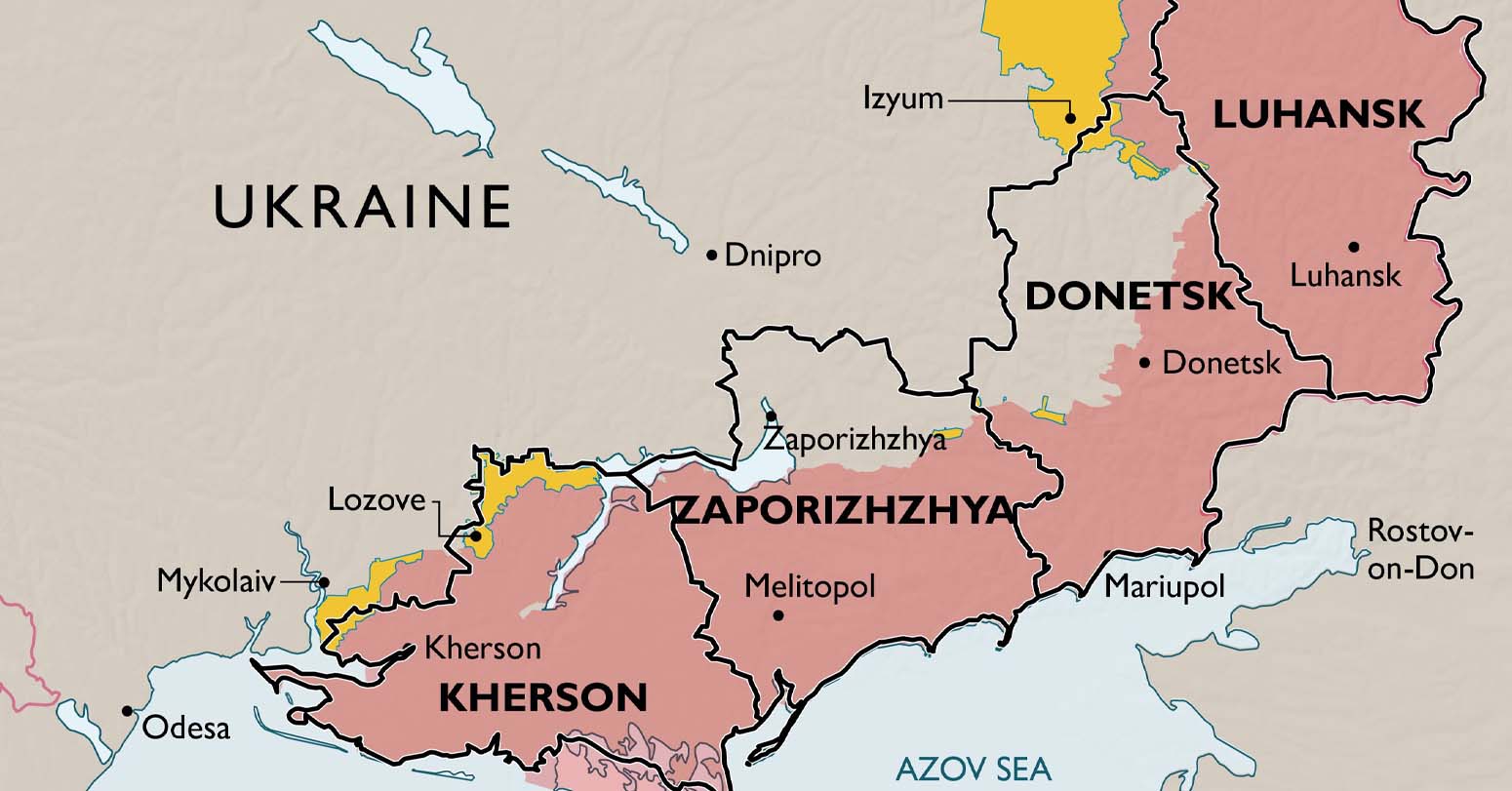
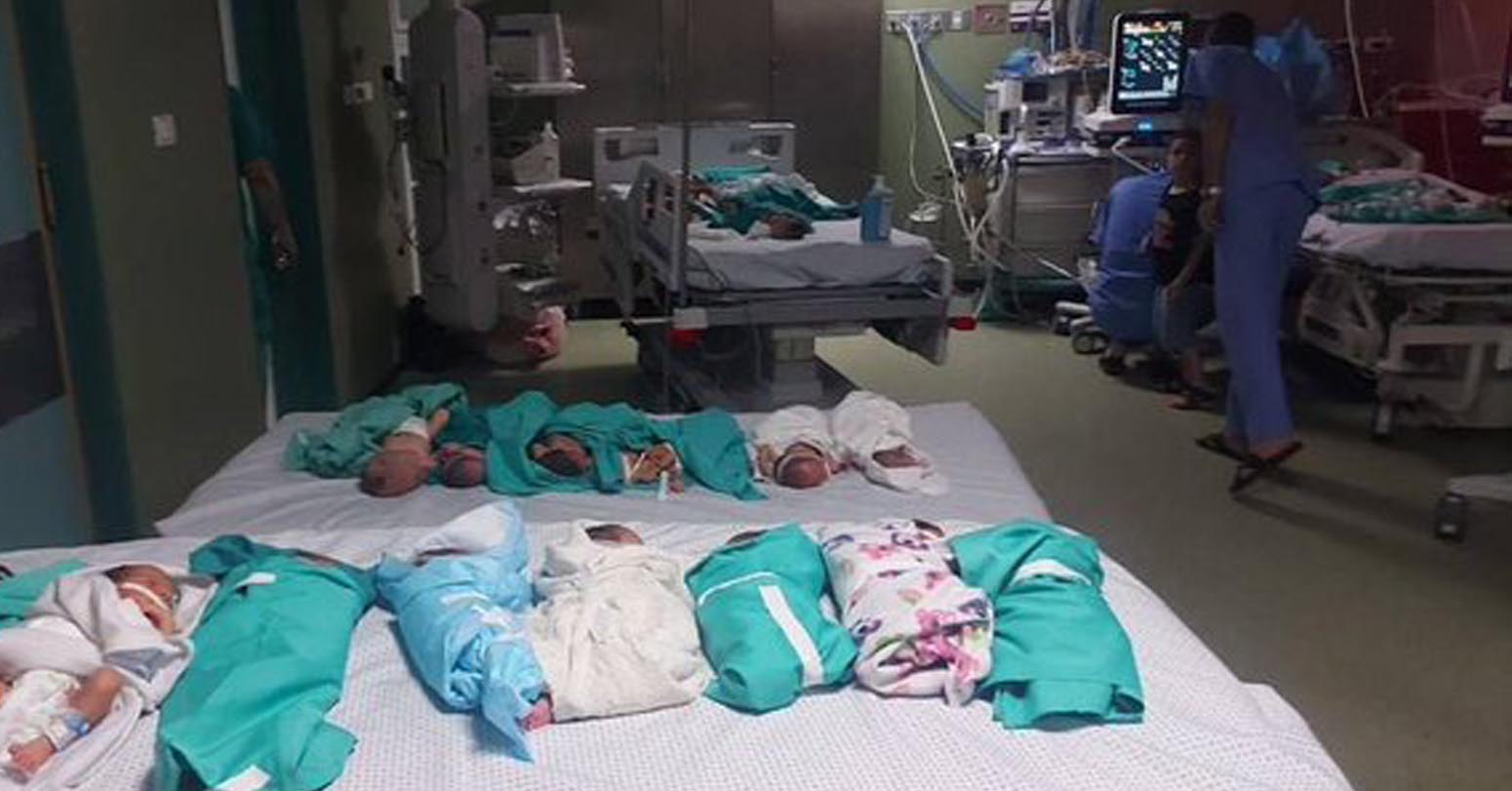

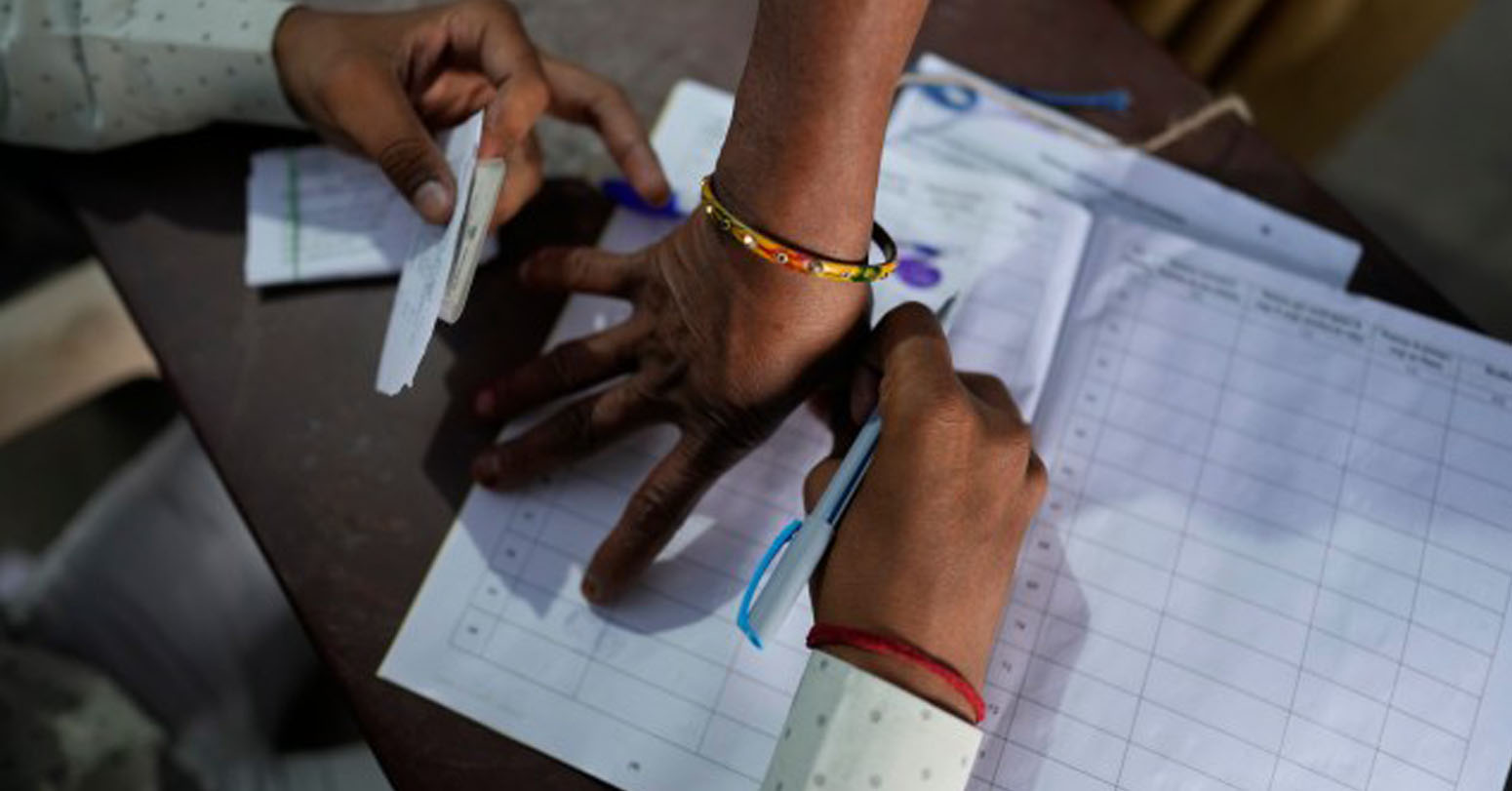
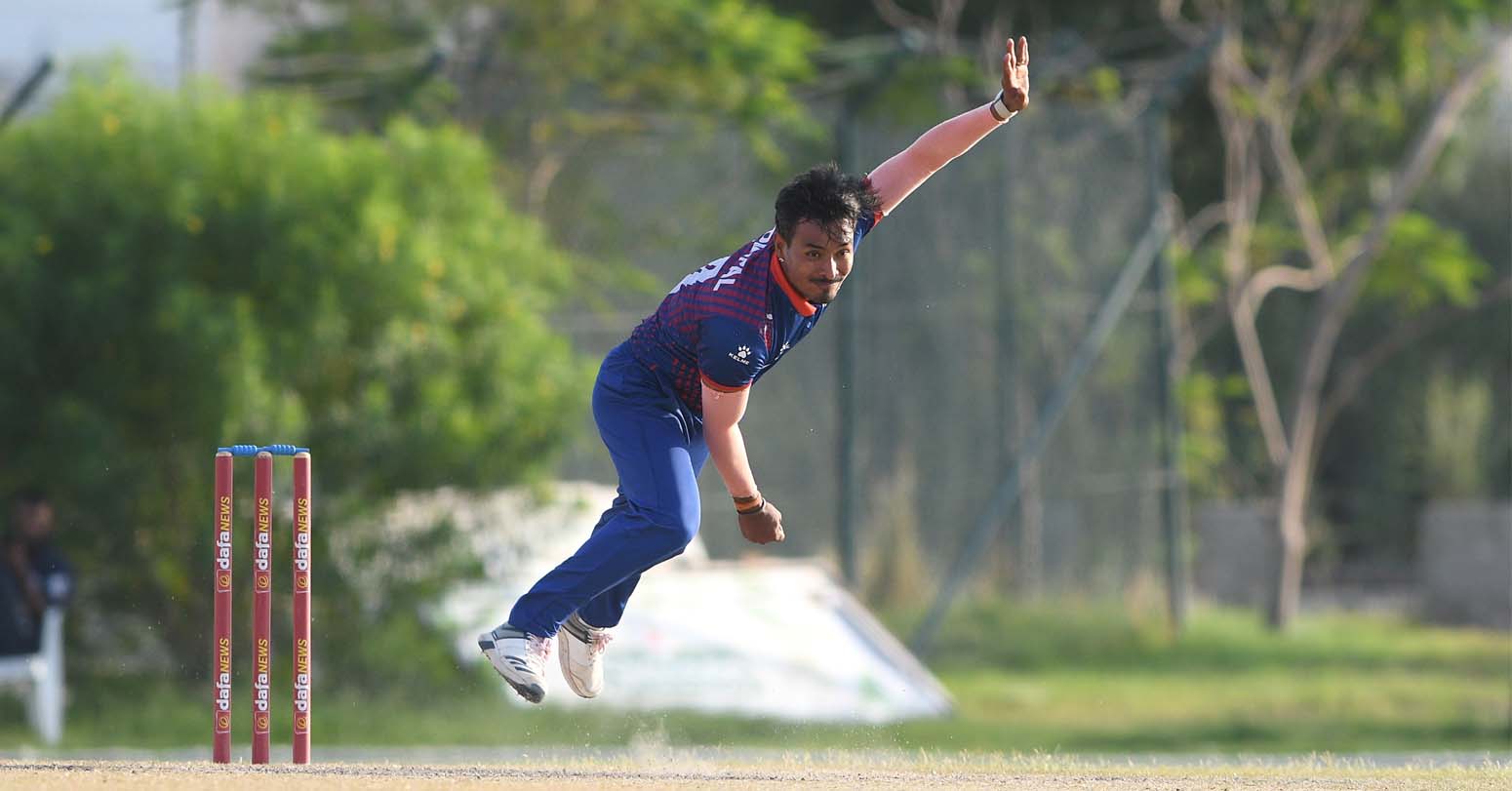



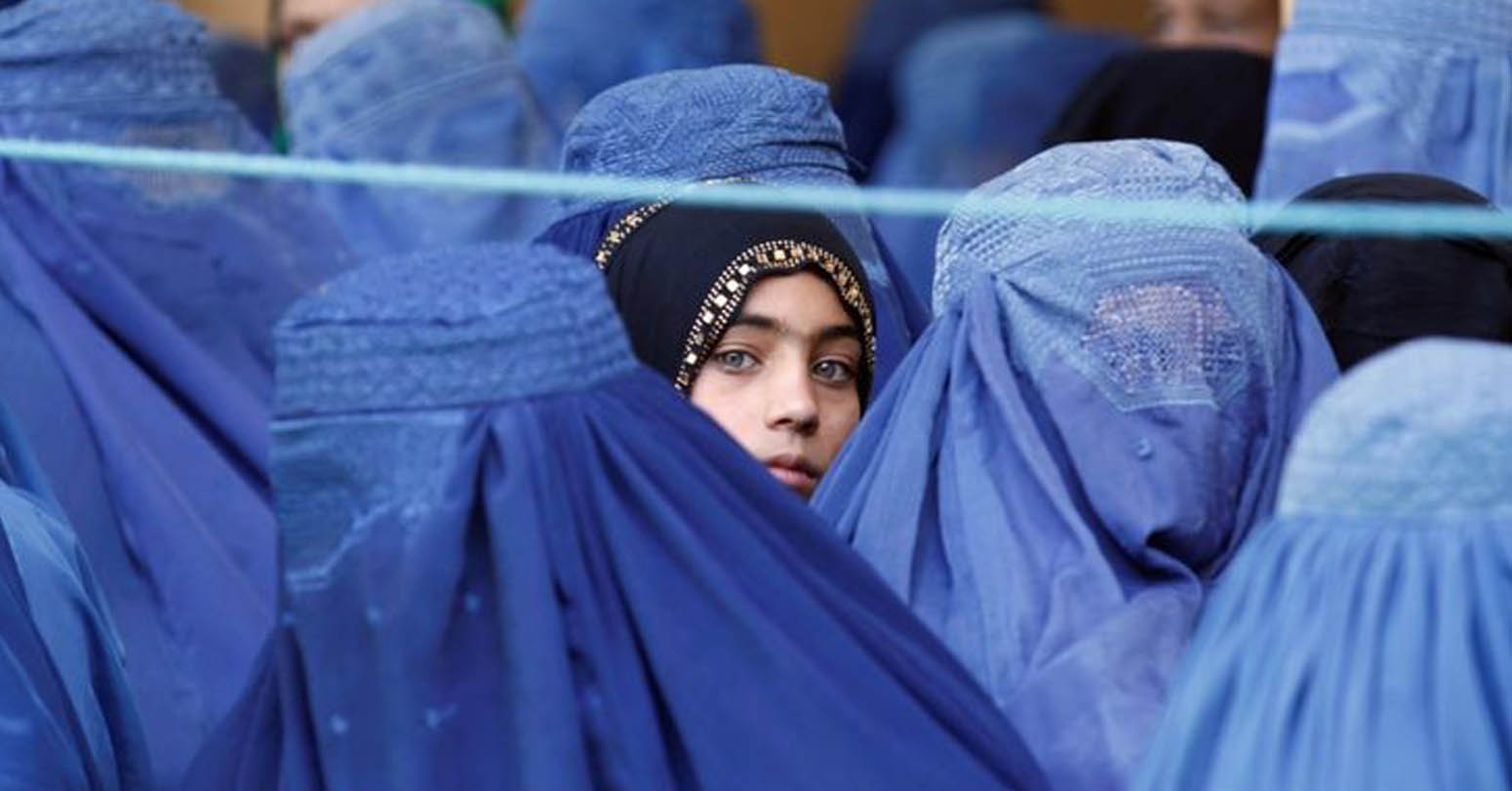



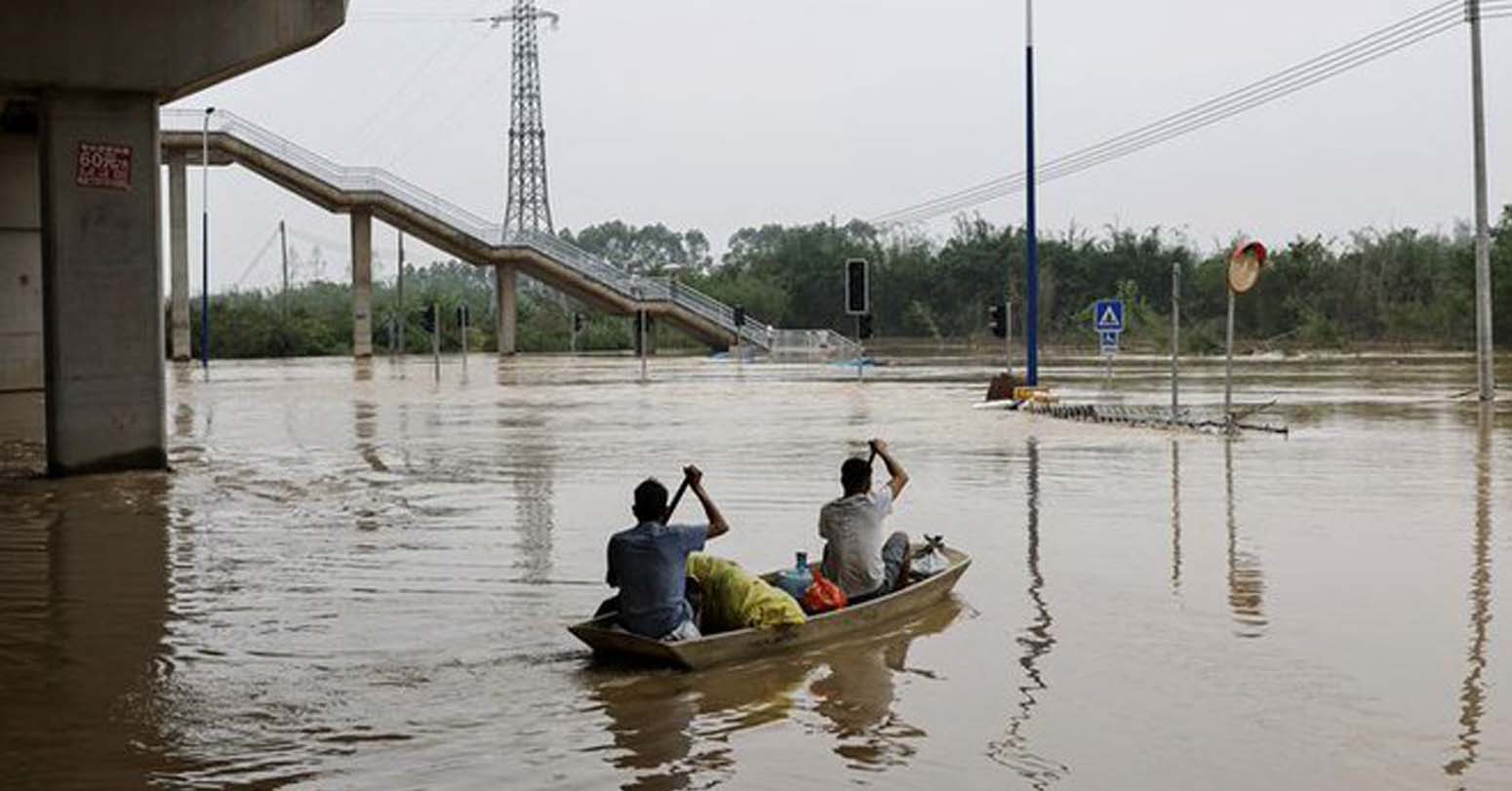


Comprehensive Data Protection Law Critically
Gender Differences In Mental Healthcare
Messi Wins Best FIFA Men’s
Erosion of Democracy
Fly Dubai Catches Fire in
“Complexities of the South Asian